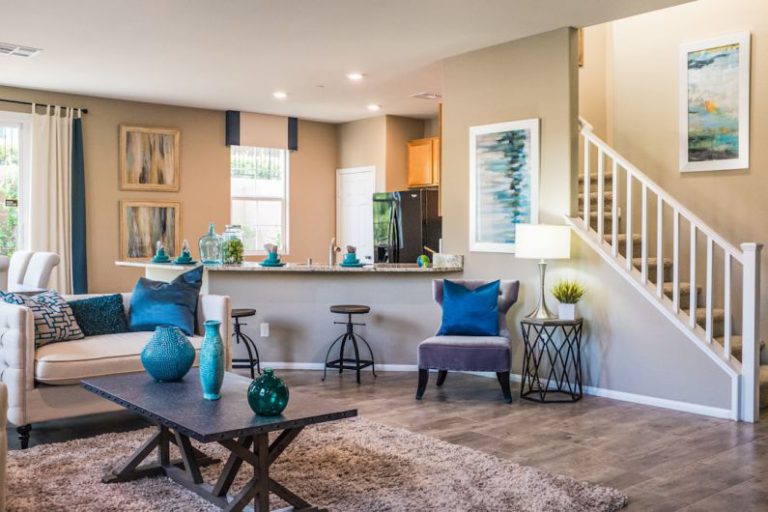
Buying a home is a significant financial decision that can often come with a hefty price tag. However, with some strategic planning and savvy choices, it is possible to save money during the home-buying process. From negotiating the price to exploring different financing options, there are several ways to make the most of your budget when purchasing a new home.
Research and Compare
Before diving into the home-buying process, it is essential to conduct thorough research and compare different properties and their prices. By exploring various neighborhoods, property types, and housing markets, you can get a better understanding of what is available within your budget. Look for upcoming developments or areas that are expected to appreciate in value, as this can be a smart investment in the long run.
Negotiate the Price
One of the most effective ways to save money when buying a home is to negotiate the price with the seller. Don’t be afraid to make an offer below the asking price, especially if you have done your research and know the market value of similar properties in the area. Be prepared to walk away if the seller is not willing to meet your price, as there are always other options available.
Consider a Fixer-Upper
Buying a fixer-upper can be a cost-effective way to purchase a home below market value. While these properties may require some renovations or repairs, they often come at a lower price, allowing you to customize the home to your preferences while saving money in the process. Just be sure to factor in the cost of renovations and repairs when budgeting for a fixer-upper.
Explore Different Financing Options
When it comes to financing your home purchase, there are several options available that can help you save money in the long run. Consider shopping around for the best mortgage rates and terms, as even a small difference in interest rates can result in significant savings over the life of the loan. Additionally, look into government programs or incentives that may be available for first-time homebuyers or those purchasing in certain areas.
Avoid Private Mortgage Insurance (PMI)
Private Mortgage Insurance (PMI) is often required for homebuyers who put down less than 20% of the purchase price as a down payment. While PMI can help you qualify for a mortgage with a lower down payment, it is an additional cost that can add up over time. To avoid paying PMI, consider saving up for a larger down payment or exploring other financing options that do not require this extra expense.
Shop Around for Home Insurance
When purchasing a home, it is essential to have homeowners insurance to protect your investment. However, rates can vary significantly between insurance providers, so it is crucial to shop around and compare quotes from different companies. By taking the time to research and negotiate your home insurance policy, you can potentially save hundreds of dollars each year on premiums.
Consider Energy-Efficient Features
When looking for a new home, consider properties with energy-efficient features such as solar panels, energy-efficient appliances, or insulation. While these upgrades may come with a higher upfront cost, they can save you money on utility bills in the long run. Additionally, energy-efficient homes may qualify for tax credits or incentives that can further reduce your overall costs.
Make a Strong Offer
When you find a property you love, be prepared to make a strong offer that is competitive in the current market. By working with a knowledgeable real estate agent and understanding the value of the home, you can make a compelling offer that is more likely to be accepted by the seller. Avoid making lowball offers that may offend the seller or lead to a missed opportunity.
Conclusion: Maximize Your Savings
Buying a home is a significant investment, but with careful planning and strategic decisions, it is possible to save money throughout the process. By researching the market, negotiating the price, exploring different financing options, and considering energy-efficient features, you can maximize your savings and make the most of your home-buying budget. With these tips in mind, you can find a home that meets your needs and financial goals while staying within your budget.





